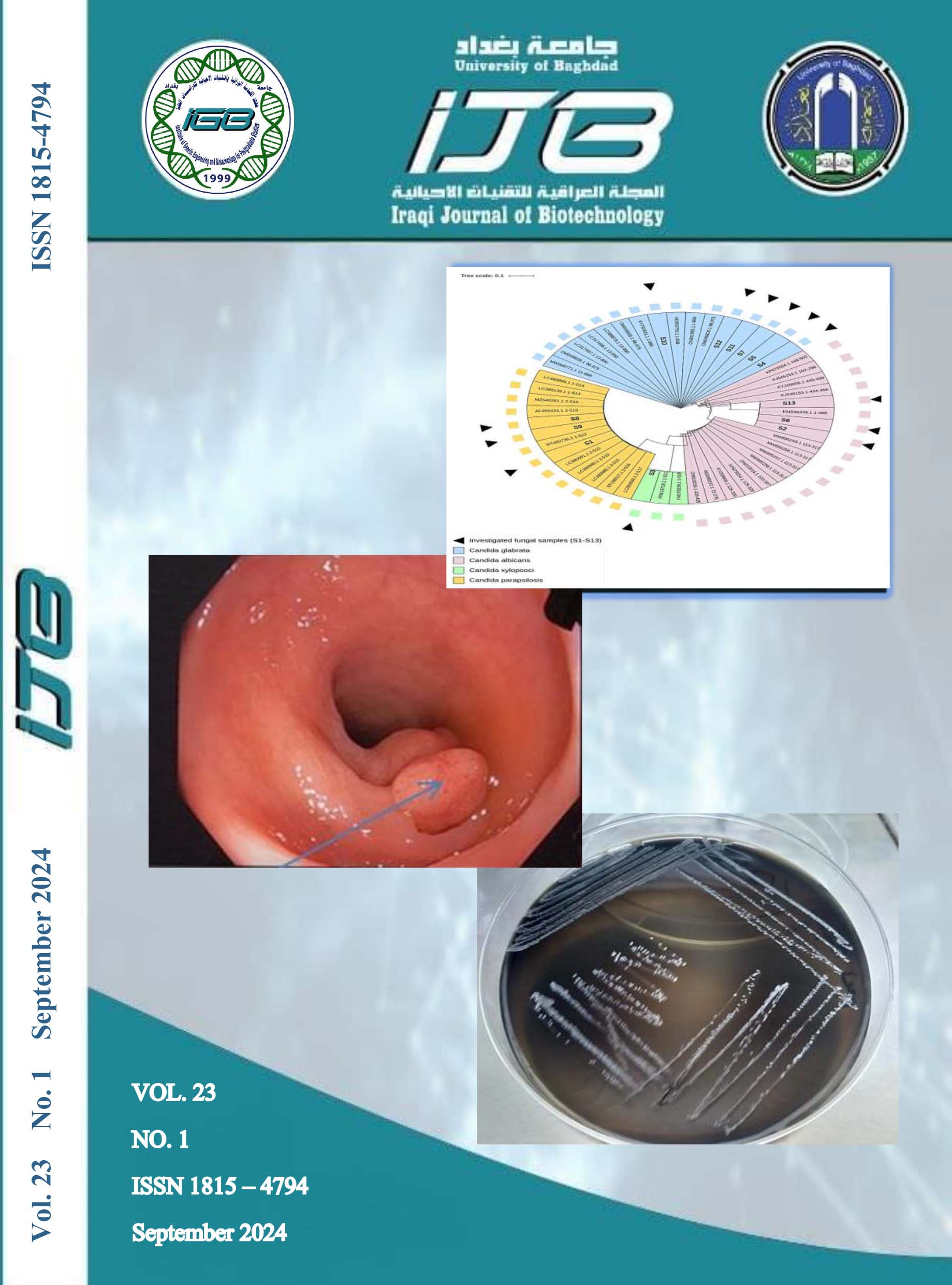Role of Calcium Sensing Receptor Gene Polymorphism r1801725 in the Evaluation of kidney Disease
Abstract
"kidney disease" refers to a diverse range of conditions that affect the structure and operation of the kidneys. It is now understood that even minor deviations in kidney structure and function are linked to a higher risk of mortality as well as consequences in other organ systems. In the kidney it has an inhibitory effect on the reabsorption of calcium, potassium, sodium, and water depending on which segment of the tubule is being activated. In this study we aimed to investigate the genotypes prevalent for the (CASR) rs1801725 variant is responsible for a non-conservative amino-acid change (A986S) in the calcium-sensing receptor cytoplasmic tail. This study involved 50 blood samples were collected as patient with kidney disease and (50) apparently healthy controls. Molecular study was performed in order to investigate the single nucleotide polymorphisms (SNPs) for CASER gene in chromosome 3 (rs1801725) for studied groups which have determined using high resolution method (HRM) genotyping assay by real time polymerase chain reaction (RT-PCR) using the Qiagen rotor gene Q real-time PCR system. . Data obtained was subjected to statistical analysis using the SPSS 25 software. The rs1801725 G/T genotype was associated with increased risk for kidney disease in Iraqi patients with highly significant difference. The average age of a patient with kidney disease is between 21 and 69 years old The Genotypes and allele frequencies of (rs1801725, G>T, A986S) in patient with kidney disease groups 48% (n=24) wild (TT), and 14% (n=7) heterozygous (TG) and 38% (n=19) homozygous (GG). Allele frequencies for T and G were 55% and 45% respectively It was concluded that the variants of CASR SNP, namely, rs1801725 might be involved in susceptibility to kidney disease.


